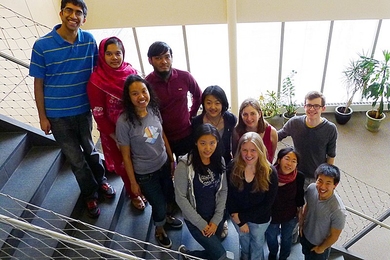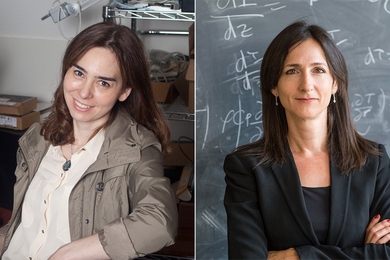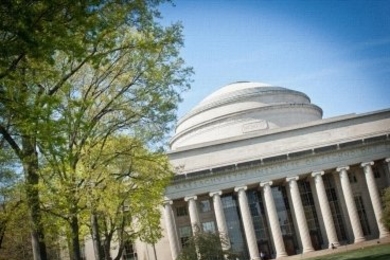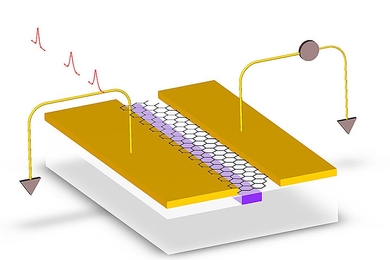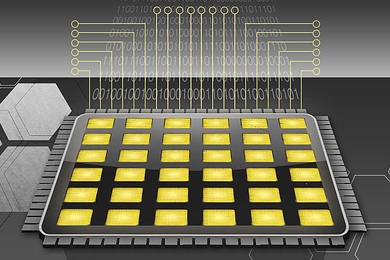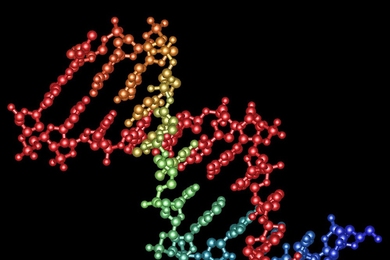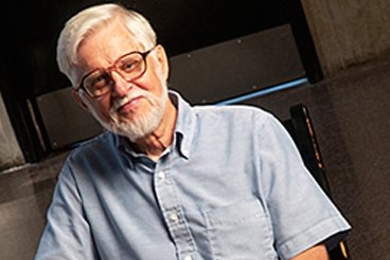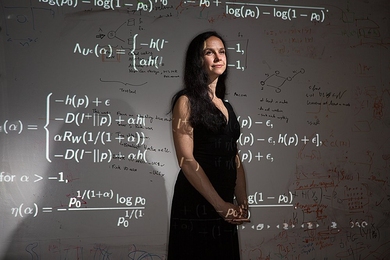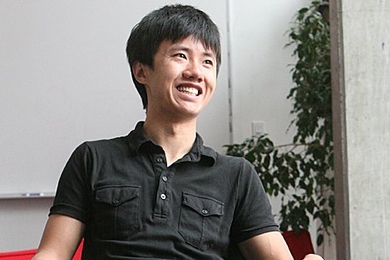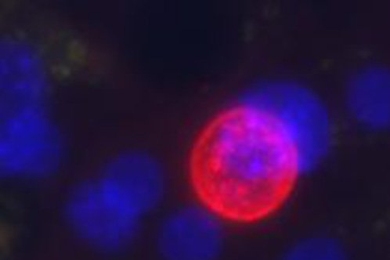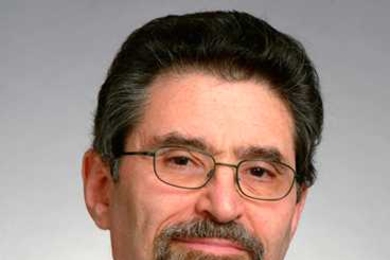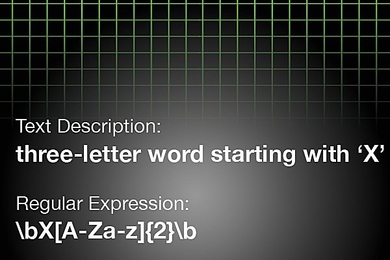Topic
Electrical engineering and computer science (EECS)
Download RSS feed: News Articles / In the Media / Audio
Dina Katabi and Sara Seager win MacArthur ‘genius grants’
Two MIT professors are among 24 recipients nationwide of this year’s unrestricted $625,000 prizes from the MacArthur Foundation.
MITx introduces ‘XSeries’ course-sequence certificates on edX
EdX also introduces new ID verification service.
Graphene could yield cheaper optical chips
Researchers show that graphene — atom-thick sheets of carbon — could be used in photodetectors, devices that translate optical signals to electrical.
Managing multicore memory
MIT research shows that it may be time to let software, rather than hardware, manage the high-speed on-chip memory banks known as ‘caches.’
An easier way to control genes
New method for turning genes on and off could enable more complex synthetic biology circuits.
Kenneth Stevens, professor emeritus in EECS, dies at 89
Stevens’ pioneering work as the originator of the quantal theory of speech helped earn him the National Medal of Science.
Encryption is less secure than we thought
For 65 years, most information-theoretic analyses of cryptographic systems have made a mathematical assumption that turns out to be wrong.
Commemorating the LORAN
One of the MIT Radiation Lab’s first creations, a radio navigation system, recognized by the IEEE as a ‘milestone’ in engineering.
From theory to practice
PhD student Kuang Xu has found a way to apply predictive modeling to improve emergency-room wait times.
Two MIT faculty members named Simons Investigators
Senthil Todadri and Piotr Indyk are among 13 mathematicians and scientists selected.
A faster Internet — designed by computers?
Computer-designed algorithms for controlling network congestion yield transmission rates two to three times as high as those designed by humans.
New way to target an old foe: malaria
Engineered liver tissue developed at MIT could help scientists test new drugs and vaccines.
Albert Meyer named EECS Undergraduate Officer
Succeeds Dennis M. Freeman, who was recently selected as the MIT Dean for Undergraduate Education
Writing programs using ordinary language
Systems that can convert written specifications into working code in a few narrow cases could be generalized to other tasks.
